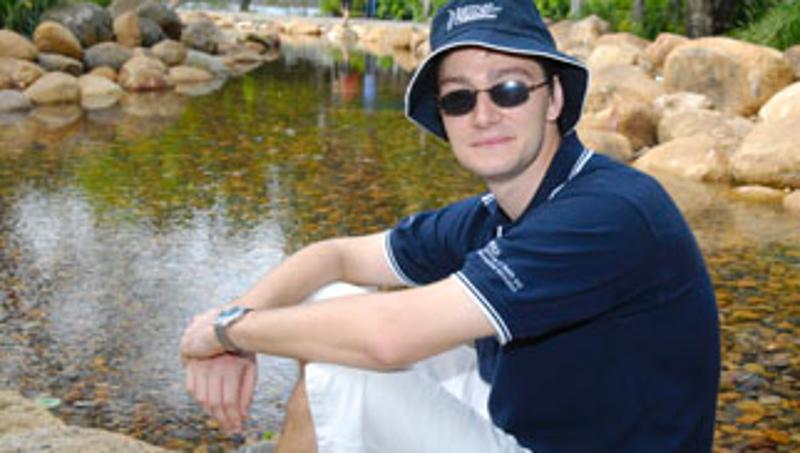
Increasing the levels of vitamin D and calcium in older people could contribute to reducing the number of falls and fractures in older Australians.
Queensland University of Technology research, based in the AusSun Research Laboratory at the Institute of Health and Biomedical Innovation, looked into the calcium and vitamin D levels of Australians aged over 55.
It found that even healthy, independent older people are at a higher risk of falls and fractures if they do not meet the required levels of these minerals.
"Both vitamin D and calcium are needed for bone strength, muscle function and to reduce the risk of osteoporosis," said researcher David Borradale.
"Most volunteers in my study thought that they were getting enough of these nutrients, but that was often not the case, so there needs to be more awareness about the issue."
Mr Borradale's study found that only 32 per cent of older Australians in South-East Queensland met the recommended intakes of calcium, and just 13 per cent had adequate levels of vitamin D.
"I used a sample group of 47 people who were over 55, healthy and living at home," he said.
"The findings have major public health implications, as lower vitamin D may affect physical (muscle) function in older adults which could lead to increased risk of falls and fractures.
Supporting this, Mr Borradale found that female participants with lower vitamin D had significantly decreased physical function ability for simple tasks such getting up out of a chair.
He said people needed to be educated about what they could do to increase their intake, in order to prevent osteoporosis and falls.
"I think the most important thing is for people to ensure they are getting enough vitamin D and calcium in their diets," he said.
Mr Borradale said that although 95 per cent of vitamin D came from sun exposure, he did not want to encourage people to increase their intake by going out and spending more time in the sun.
Director of AusSun Research Laboratory and supervisor of Mr Borradale, Professor Michael Kimlin, urged people to seek medical advice if they are concerned with vitamin D, rather than to seek vitamin D through sun exposure.
Calcium is found in dairy products, such as milk and cheese.
Media contact: Sharon Thompson, QUT media officer - 07 3138 4494 or sharon.thompson@qut.edu.au


